
Out of the three OSTs I got in the past few weeks (Heaven's Feels spring song, HQ S4, JJK S1), JJK turns out to be the one with the biggest number of strong tracks (admittedly the novelty factor does help, but Hollow Purple is a ridiculous banger, and Occult Club is a surprise 


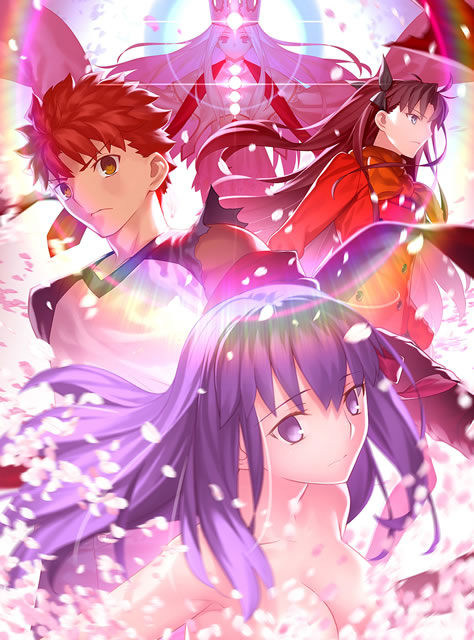
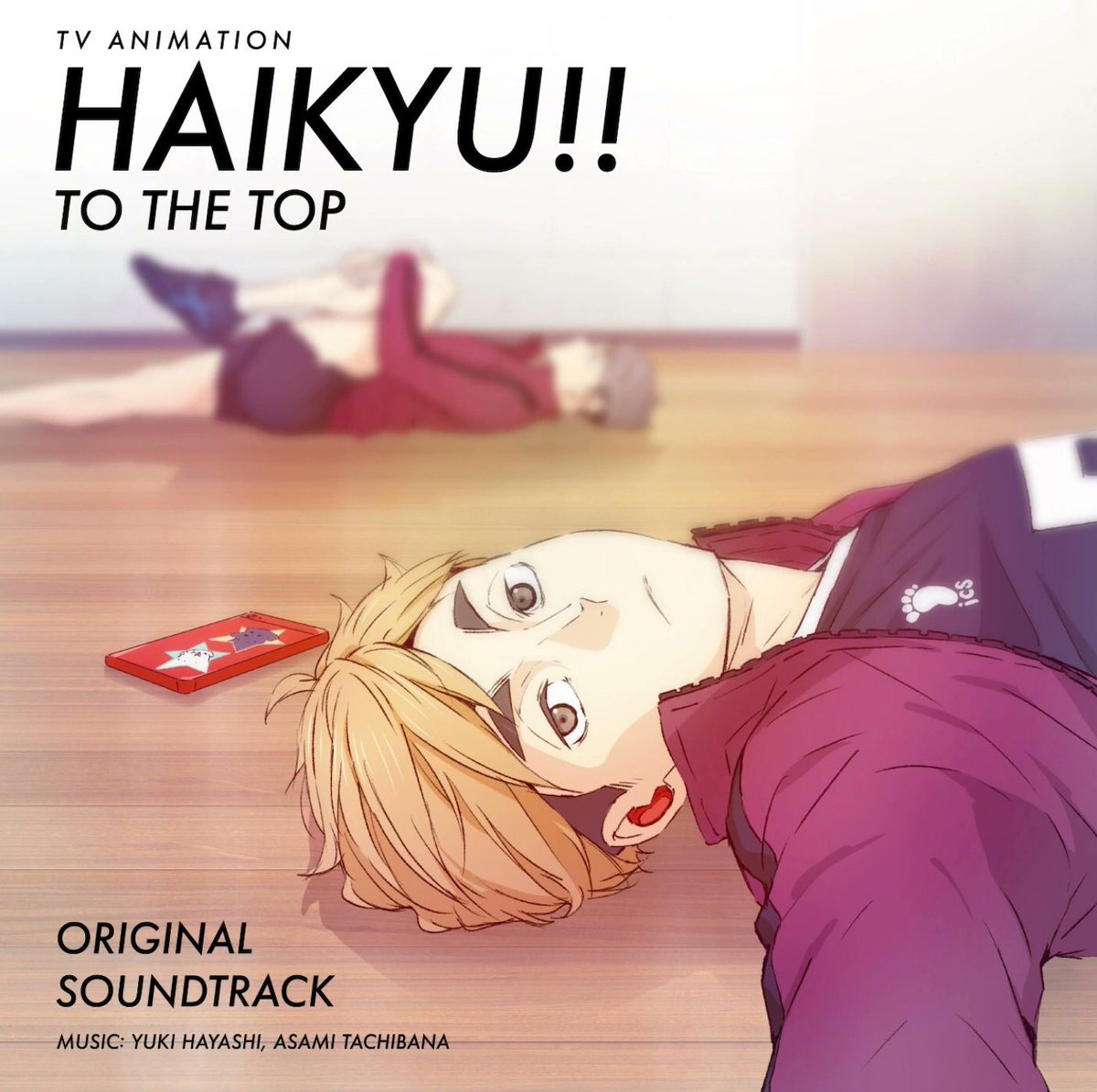
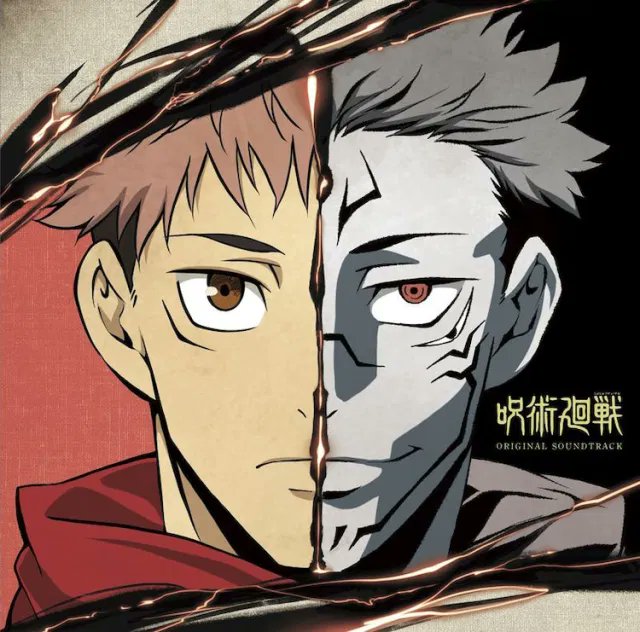
delight).
HF and HQ win out in terms of how well themes and leitmotif is used, which is almost not a thing in JJK. I also don't think the sound direction in JJK S1 was the best, but it certainly makes up for this in the individual tracks.
HF reigns supreme in epicness, simply
HF and HQ win out in terms of how well themes and leitmotif is used, which is almost not a thing in JJK. I also don't think the sound direction in JJK S1 was the best, but it certainly makes up for this in the individual tracks.
HF reigns supreme in epicness, simply
because I have a forever bias for Kajiura Yuki, and the four rings drips holy war vibe. I wasn't entirely sold on the whole track of EMIYA remix, but I can never fault Kajiura in good faith. But the best sound coming from the HF franchise is Kajiura x Aimer trio of songs. They 
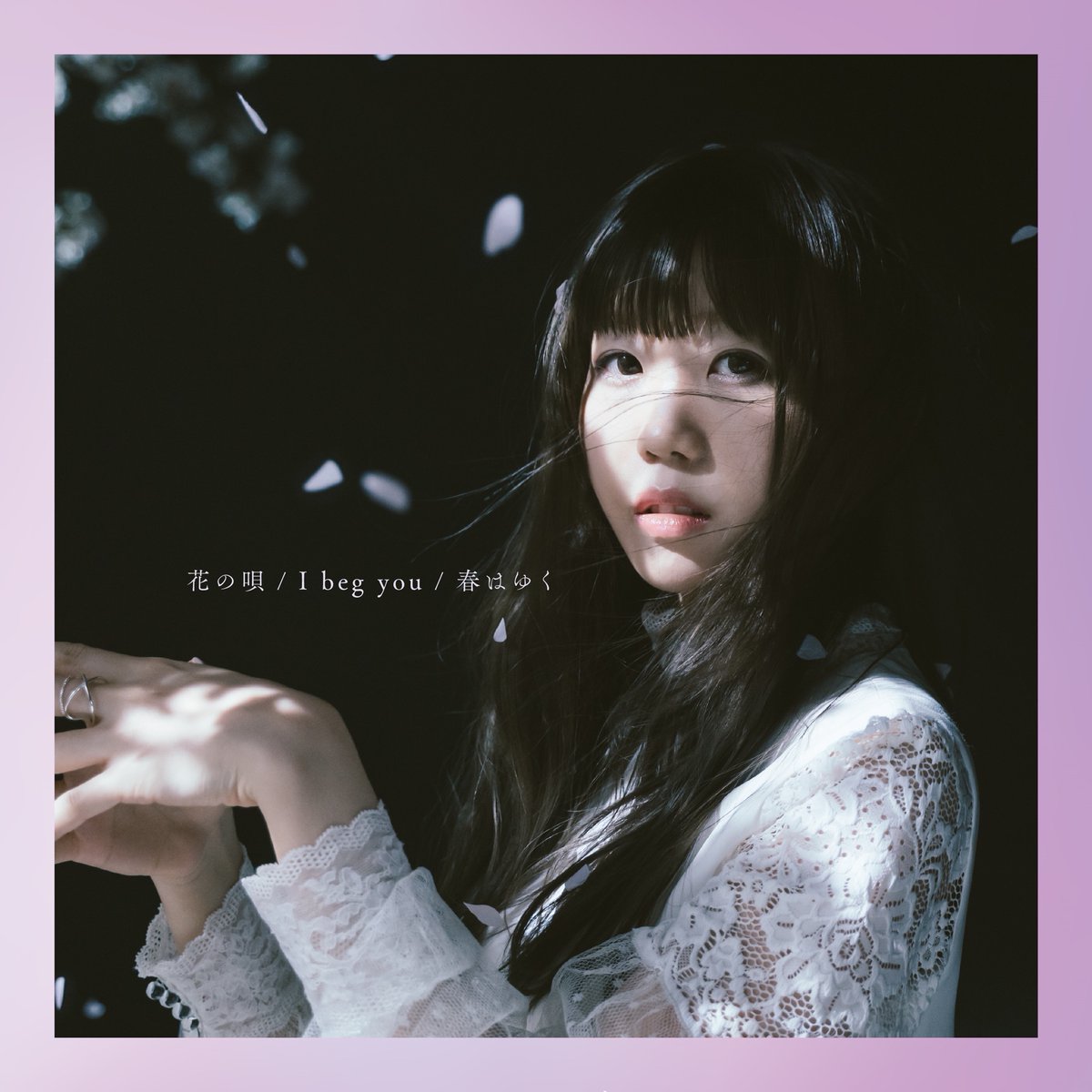
are true masterclass in how to make leitmotifs shine like a diamond. I always lose a part of my mind when Haru wa yuku's outro repeats Hana no uta's intro, and that tells you a lot about my preferences in soundtrack and fiction in general.
Best part in HQ S4 OST is definitely
Best part in HQ S4 OST is definitely
the series of tracks that Tachibana Asami composed for Inarizaki: Miya Atsumu - Miya Twins - The Twins' Quick - Disparity - The Strongest Challengers in CD 2. I always adore Tachibana's use of brass and woodwind for Karasuno's 

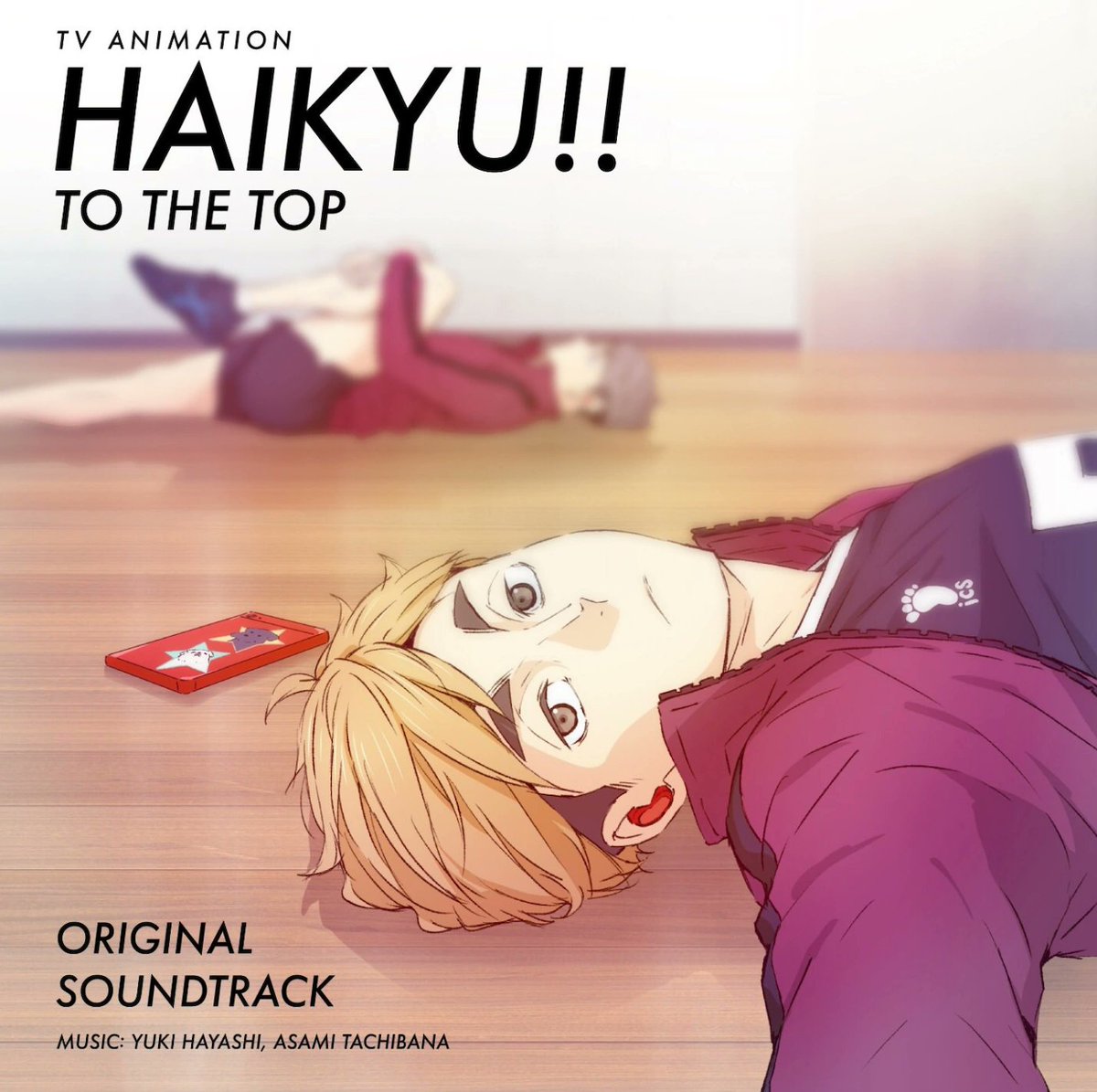
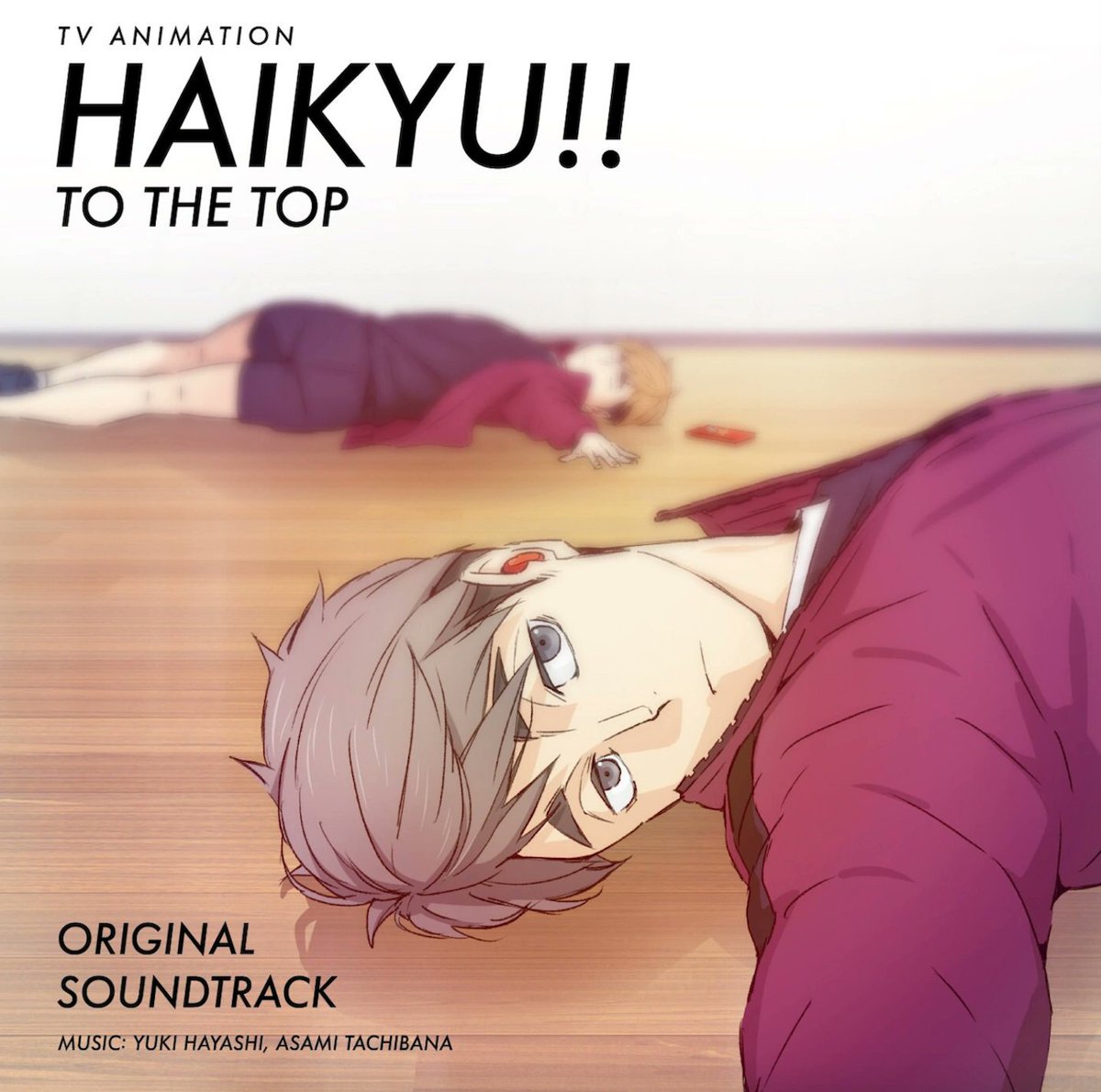
rival setters.
In short, top tracks:
HF - the four rings, Aimer's [Hana no uta, I beg you, Haru wa yuku]
HQ - 5 Inarizaki tracks, Kamome
JJK - Occult Club, The Scariest, JUJUTSU KAISEN, Investigation with Ichiji, Hollow Purple, 7:3, Jujutsu Koshien, and a boatload more
In short, top tracks:
HF - the four rings, Aimer's [Hana no uta, I beg you, Haru wa yuku]
HQ - 5 Inarizaki tracks, Kamome
JJK - Occult Club, The Scariest, JUJUTSU KAISEN, Investigation with Ichiji, Hollow Purple, 7:3, Jujutsu Koshien, and a boatload more
• • •
Missing some Tweet in this thread? You can try to
force a refresh



